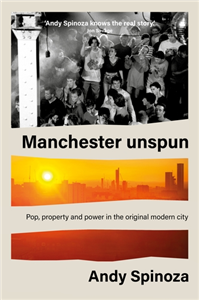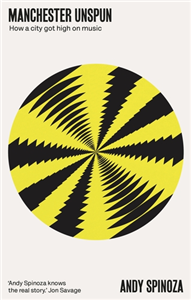Austerity baby
by Janet Wolff
Austerity Baby might best be described as an 'oblique memoir'. Janet Wolff's fascinating volume is a family history - but one that is digressive and consistently surprising. The central underlying and repeated themes of the book are exile and displacement; lives (and deaths) during the Third Reich; mother-daughter and sibling relationships; the generational transmission of trauma and experience; transatlantic reflections; and the struggle for creative expression. Stories mobilised, and people encountered, in the course of the narrative include: the internment of aliens in Britain during the Second World War; cultural life in Rochester, New York, in the 1920s; the social and personal meanings of colour(s); the industrialist and philanthropist, Henry Simon of Manchester, including his relationship with the Norwegian explorer, Fridtjof Nansen; the liberal British campaigner and MP of the 1940s, Eleanor Rathbone; reflections on the lives and images of spinsters. The text is supplemented and interrupted throughout by images (photographs, paintings, facsimile documents), some of which serve to illustrate the story, others engaging indirectly with the written word.













